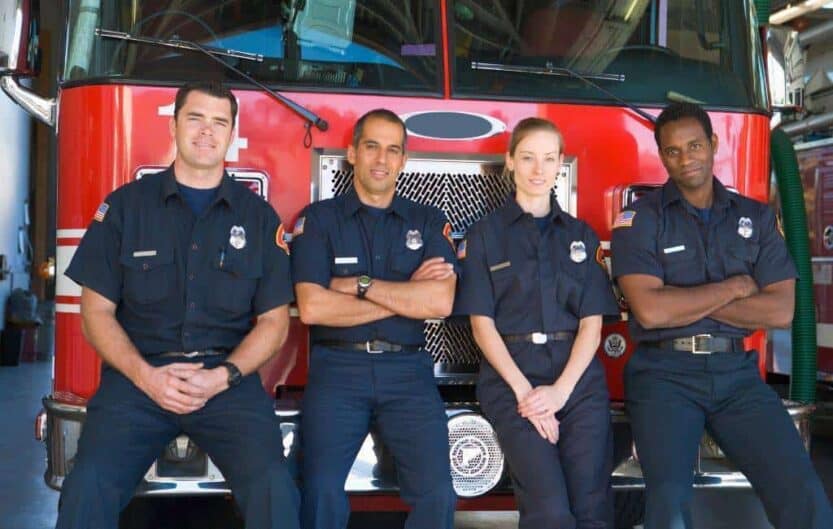Fire rescue service can be a hugely rewarding profession, but it can also be a significantly dangerous one on a daily basis. Because of the precarious situations you’ll find yourself in, it’s essential to be aware of what you need to know before becoming a firefighter. Have a clear idea of expectations to protect yourself, your fellow firefighters, and the civilians you’ll need to aid.
EMT Experience
Being a firefighter means dealing with more than just fires; you’ll also need to handle some medical emergency scenarios. But while not all fire departments require an EMT background, a growing number of departments look for that on resumes.
It will behoove you to understand how to properly take care of and treat civilians before, during, and after battling a fire or other emergency situation. It’s another skill to have in your toolbelt when the need arises.
The Right Equipment
Battling fires and ensuring that civilians, as well as yourself, are safe, there is a long list of equipment you need to be aware of. Whether belts and harnesses, protective gloves, helmets, or hydration systems, you need to know what’s at your disposal on any given call.
Having a firm understanding of all the tools available to you will allow you to make the slip-second, potentially-lifesaving decisions to protect yourself and others.
Get Into Great Physical Condition Before Applying
When becoming a firefighter, there are certain physicality standards that you need to conform to; these tests will gauge how well you’re able to perform your duties. But fire academies will only test your physical ability, they will do little to get you into the shape you need to perform your job functions.
If you try to get into the profession with poor physical conditioning, you won’t last very long in the academy. It’s your job to ensure your strength, endurance, and stamina before entering a fire academy.
Have Your Tools For Success
Whether physical tools or knowledge, there are certain things you need to become a firefighter. Don’t dive into the fire service without a solid knowledge of your expectations, the tools of the trade, and the risks involved. Your skills and knowledge will enable you to not only keep yourself out of harm’s way, but will also improve your ability to protect others out in the field.











